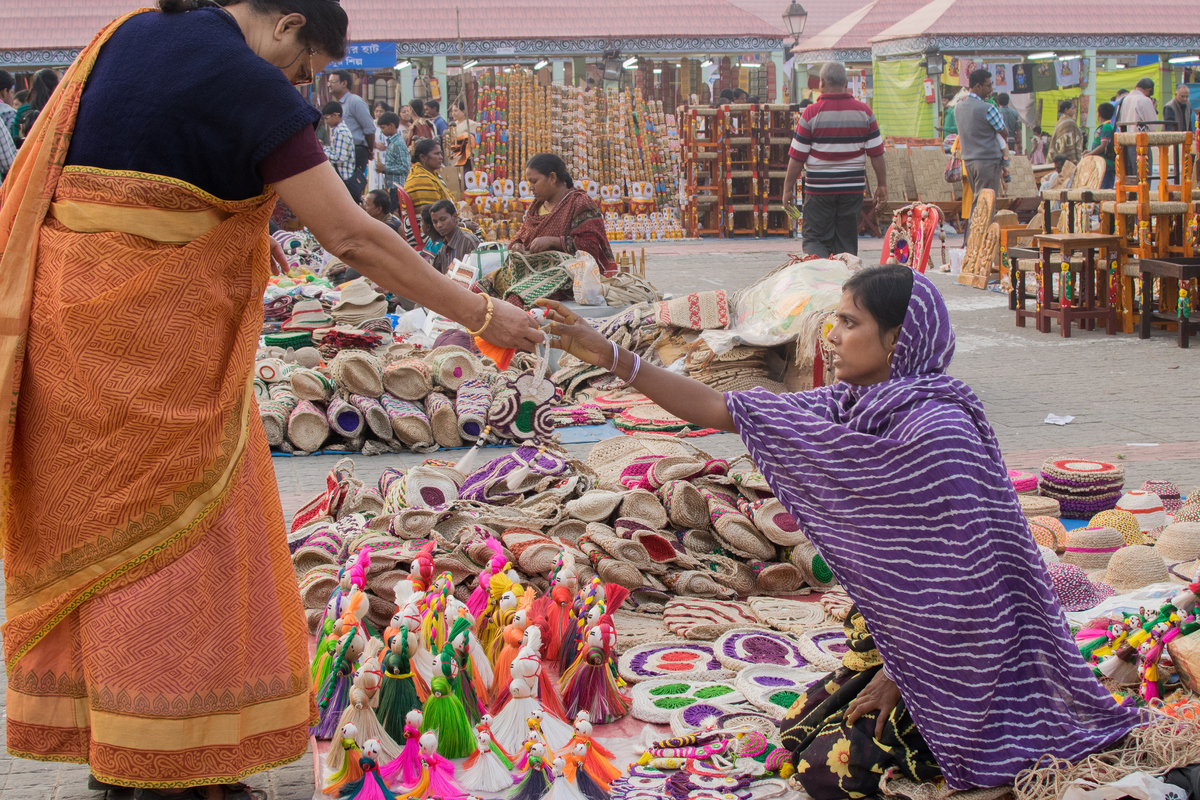Liberty, dignity and justice for all ~ Tales from the ‘forbidden area’
It is important to note that while sex work itself is not illegal in India, trafficking for sexual exploitation is a punishable offense under Indian law.
Though street vending plays a vital role in assuring livelihood to a large underprivileged and marginalized section of the society, its contribution is seldom recognized by the city administration or urban planning agencies.

PHOTO: iSTOCK
Street vendor refers to a person engaged in vending of articles, goods, wares, food items or merchandise of everyday use, or someone who offers services to the general people from a temporary built-up structure or by shifting and moving from one place to another.
Street vending has been a profession in existence in India since time immemorial. Street trade is one of the visible self-employment occupations, yet few places successfully balance the need to support livelihoods with the needs to manage public space.
So street vending is an informal sector where vendors offer their labour to sell goods and services on the street without having any permanent structure of their own. Various studies have shown that it is one of the marginalized sections of the urban poor as this occupation is widely seen in urban public spaces.
Advertisement
To an average income earning person, this profession allows dynamic role in the economy providing all the necessary durables at cheap and affordable rates. This helps to generate employment and income and sustain the economy. It is growing because it not only provides employment, but because it provides services to the urban population. Urban youth prefer to buy clothes and accessories from street vendors because the products the vendors sell are typically cheaper than those found in formal retail outlets.
According to the Ministry of Housing and Urban Poverty Alleviation, there were more than 10 million street vendors in India. In India, poverty, predominant in rural areas, continues to push people from rural to urban areas. Since the migrants usually lack skills and education, they cannot opt for formal sector jobs; hence, many of them have no other alternative and start street vending in order to survive in the city.
Though street vending plays a vital role in assuring livelihood to a large underprivileged and marginalized section of the society, its contribution is seldom recognized by the city administration or urban planning agencies. Article 19 (1)(g) of the Constitution of India promises the right to practice any profession, or to carry on any occupation, trade or business to all Indian citizens. Paradoxically, different sections of the Indian Penal Code (IPC) and Police Act empower police to remove obstructions on the streets. The police and municipal authorities not only evict them from the streets by labelling them as hindrances, in some cases, their so-called “illegal status” is used to extort money from the vendors. In 2014, the Parliament of India passed a legislation called “Street Vendors (Protection of Livelihood and Regulation of Street Vending) Act 2014”. Many civil society organizations such as Self Employed Women’s Association (SEWA) and National Association of Street Vendors of India (NASVI) were instrumental in getting the landmark legislation drafted, hoping that it would ease the situation for the vendors. However, many cities have not implemented the act. In the few cities where the provisions of the Act have been adopted, the executive has systematically undermined the wellmeaning provisions, turning them instead into a tool to disenfranchise and harass the vendors themselves.
According to a recent study in Mumbai, the per capita income of 53% of street vendors is Rs 20 per day. The NCEUS report categorizes this income level as “poor and vulnerable”. The income level of the vendors has not increased over the years. Also, they are heavily dependent on money lenders to whom they have to pay high interest rates and remain in a perpetual debt trap. The role of the government is highly anticipated in this case for a viable solution to the poor street vendors.
The author is Assistant Professor of Economics, Indian Institute of Legal Studies, Siliguri
Advertisement